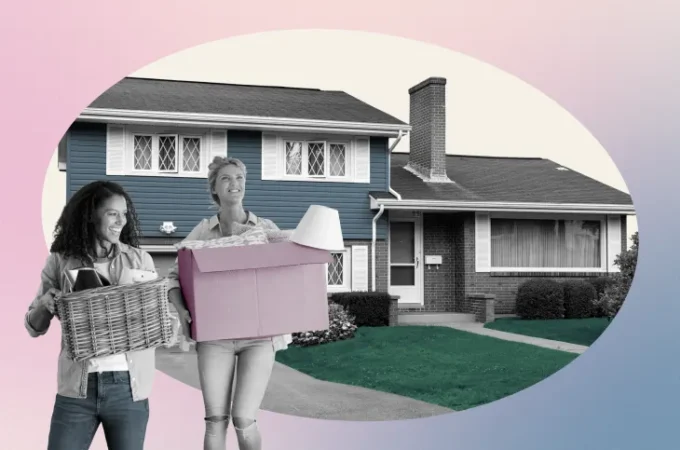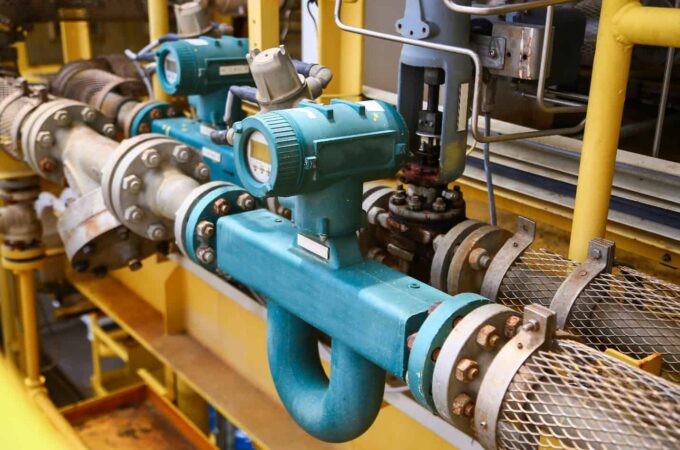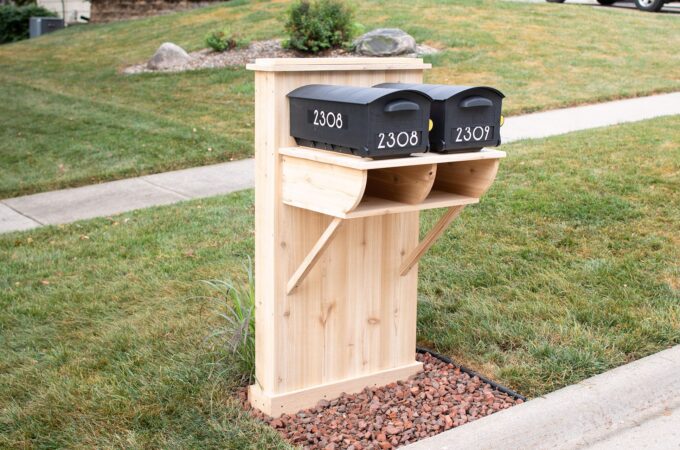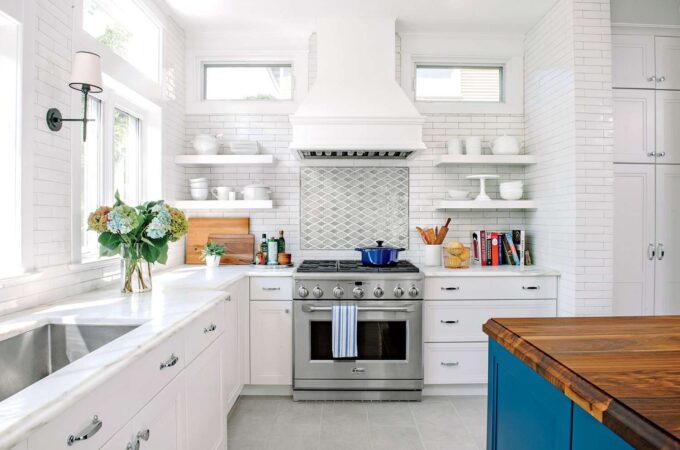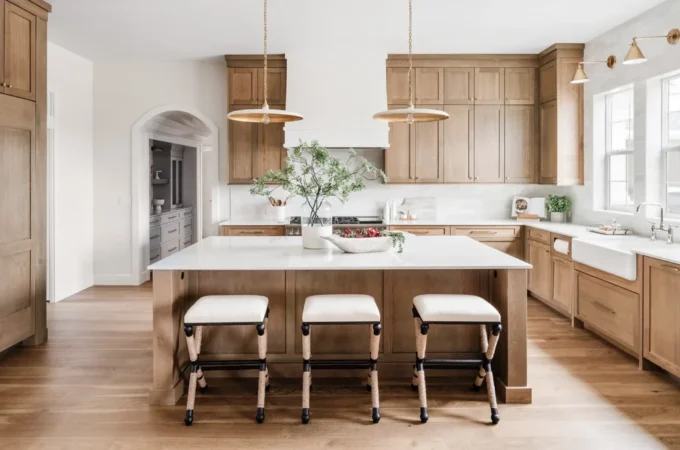
Common Garage Door Problems Homeowners Face
The benefits of having a garage door far outweigh any of the drawbacks it might bring. Nonetheless, garage doors can run into problems from time to time. And when these problems arise, you, the homeowner, need to do something about them.
Curious as to the types of problems you might face? Then read on because we’re going to discuss some of the most common garage door problems below.
Deteriorated Weather Stripping
Perhaps the most common of all garage door problems is the problem of deteriorated weather stripping. See, each garage door possesses a thin piece of rubber. This rubber acts as a seal against the ground as well as the doorway of the garage, preventing heat, cold, water, and other elements from entering a garage when the garage door is closed.
Unfortunately, the more wear and tear that this rubber incurs, the more trouble it has of doing its job. As a result, water starts entering through the garage door, causing corrosion on the door’s tracks and wheels.
Fortunately, there’s an easy fix to this problem. All you need to do is replace your weather stripping. This is a quick and rather inexpensive repair. You could do it on your own, but you could also utilize the services of a garage repair technician like the ones with https://www.garagedoor405.com/.

Broken Springs
In order for a garage door to lift safely, it makes use of a series of springs. These springs hold the garage door in place, ensuring that it doesn’t fall hard to the ground.
The issue, however, is that, over time, these springs wear out. And when they do, they cause a number of problems.
Not only can they cause a garage door to become jerky, but heavy and dysfunctional as well. In some cases, they can even prevent a garage door from opening.
It’s for this reason that you’re advised to swap out your garage door springs every 10 to 12 years or so. Most garage door springs last around 14,000 cycles, and you want to make sure that they’re changed before they reach this point.
Cracked Surface
If your garage door is made out of wood, it could incur a crack. This occurs for a number of reasons, the most common of which are weathering, aging, and direct physical trauma.
If you’re only dealing with a small crack, you can make do with a repair. Unfortunately, if the crack is over a foot long, it might necessitate garage door replacement. Cracks not only allow in water, heat, cold, and insects but can also compromise a garage door’s structural integrity, leading to mechanical issues over time.
Garage Door Won’t Open
Another problem you might come across is a garage door that won’t open. Odds are, this has nothing to do with the garage door itself but with the garage door opener to which it’s attached.
First and foremost, make sure that the batteries in your garage door opener remote are working.
Next (if you have one), try the keypad that allows you access into your garage. If this doesn’t work, there could be an issue with the safety sensors inside of your garage. They’ll prevent the garage from opening if misaligned or blocked by something.
The worst-case scenario is that the garage door opener’s motor has gone bad. If this is the case, the garage door opener will likely need to be replaced entirely.

Garage Door Is Making Terrible Noises
One of the most common signs of a broken garage door is the existence of terrible noises. If your garage door produces a grinding or scraping sound every time it’s opened, there’s undoubtedly something wrong with it.
The best-case scenario is that your garage door rails lack lubrication. If this is the case, you can remedy the situation by applying a new coat of it.
The worst-case scenarios are that the garage door rails are misaligned or that the garage door itself is warped and misshapen. This will require either an expensive and intensive repair or a full-on replacement.
Garage Door Opens And Then Closes
The most maddening problem you’ll encounter with a garage door is the problem of its opening and then closing. This is a problem, as the door doesn’t stay open long enough for anyone or anything to get through it.
What causes this issue? In the vast majority of cases, it’s malfunctioning safety sensors. These sensors detect things that are in the path of the garage door, prompting it to open back up if it’s about to close on top of something.
Unfortunately, over time, these sensors go bad (or become dirty or misaligned). When this occurs, they tell the garage door to behave in all sorts of unpredictable ways, for instance, opening and then closing in quick succession.
In many cases, you can fix this problem by realigning or cleaning the sensors. You might even be able to do this yourself.
If this doesn’t fix the problem, the sensors have passed their usefulness and will need to be replaced. Your local garage door repair company can help you get the job done.

Garage Door Doesn’t Close Entirely
One last problem to look out for is a garage door that doesn’t close all the way. It might make it to 3 inches above the ground but still leaves space between the door and the floor.
When this occurs, it’s often due to the garage door safety sensors. However, there could also be a problem with the structure of the garage door track. If you can’t fix the problem on your own, call up your local repair technician.
These Garage Door Problems Can Be Fixed
Each and every one of these garage door problems can be fixed. So, whether you need to follow directions on YouTube, call up your local garage door repair technician, or just wing it, you can get your garage door up and running like normal again.
Need info on similar topics? Our website has you covered. Check out some of our other articles now!
